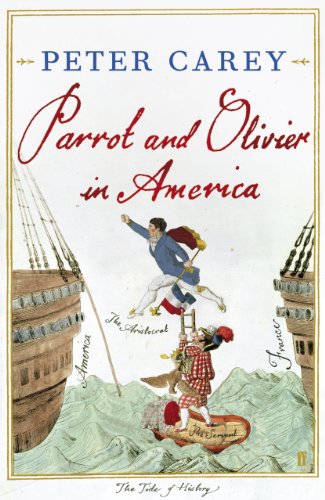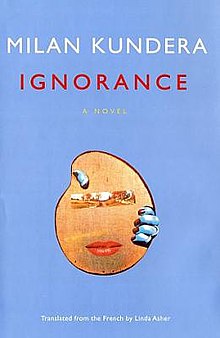
I don't think this novels would still be in print if it wasn't for its turbulent publication process and the ultimate tragedy of its author's death.
It's funny, to an extent. But funny by itself doesn't make a book. It makes a vignette. Or a series of vignettes. And at more tha 400 pages you get a lot of vignettes.
Ignatius is also one of the most predictable misfits you'll ever get. Once the reader has read about him for a couple of pages, s/he knows how he is going to react to anything that the mean streets of New Orleans will throw at him. There's very little general surprise, and as a result, for me at least, there was very little interest.







